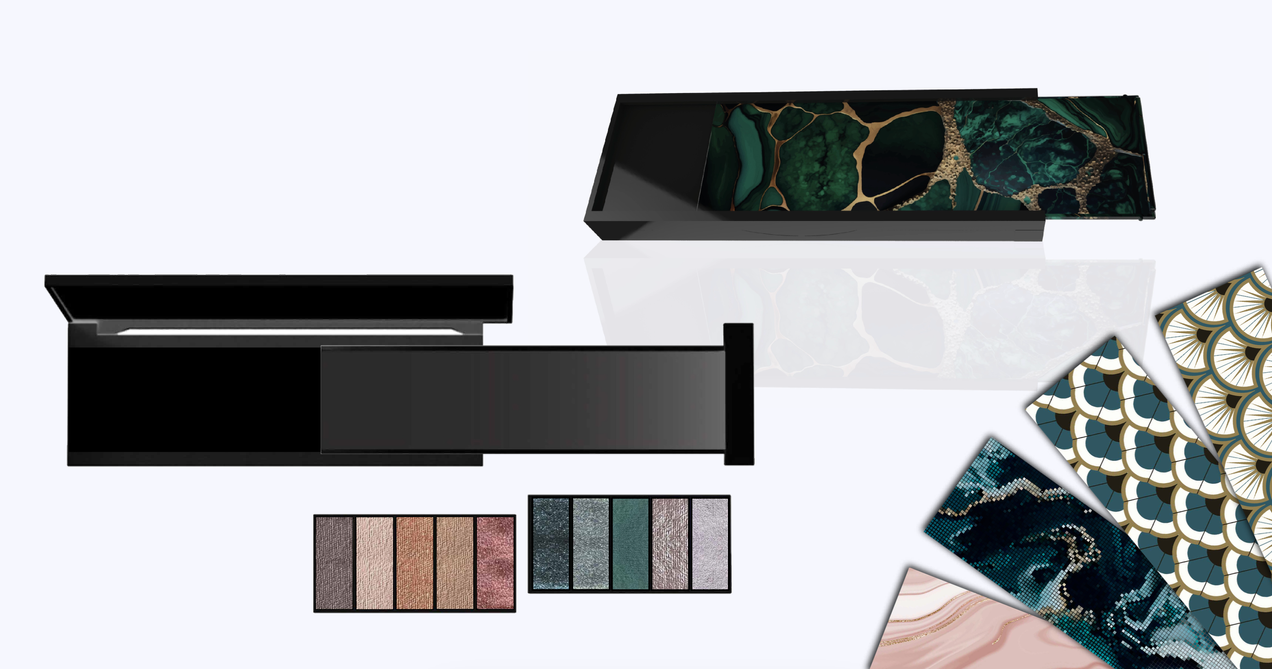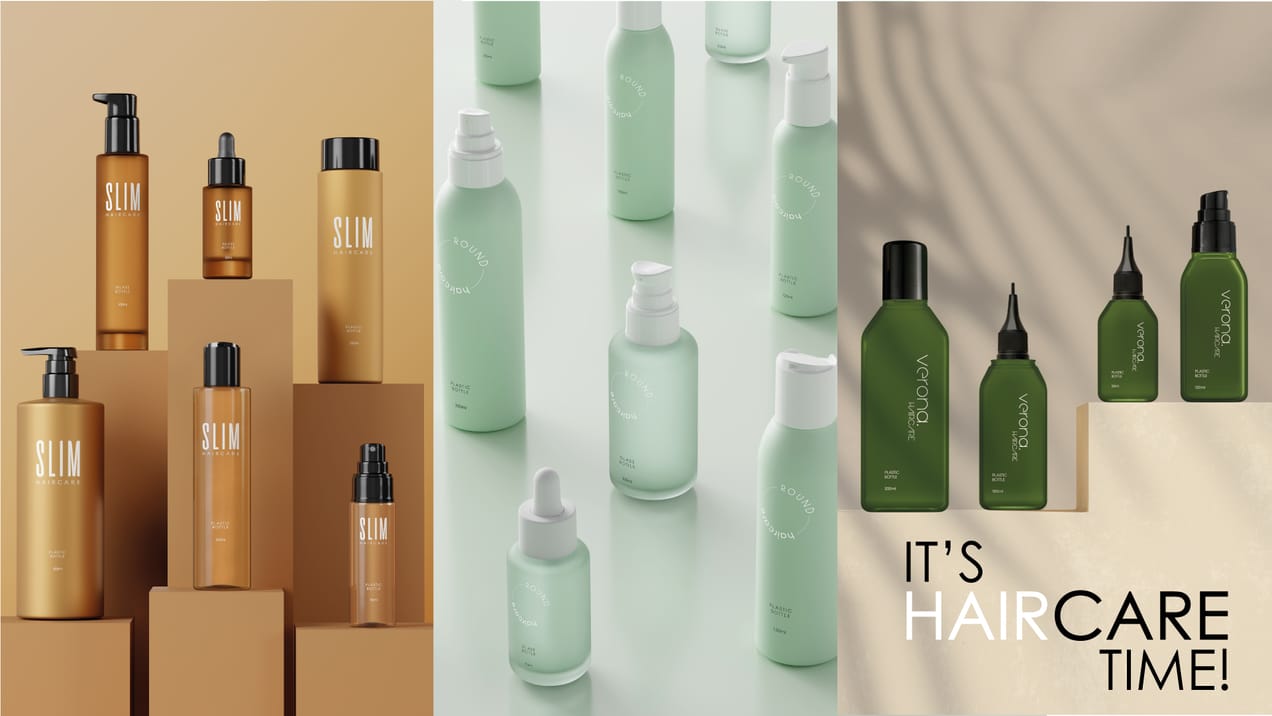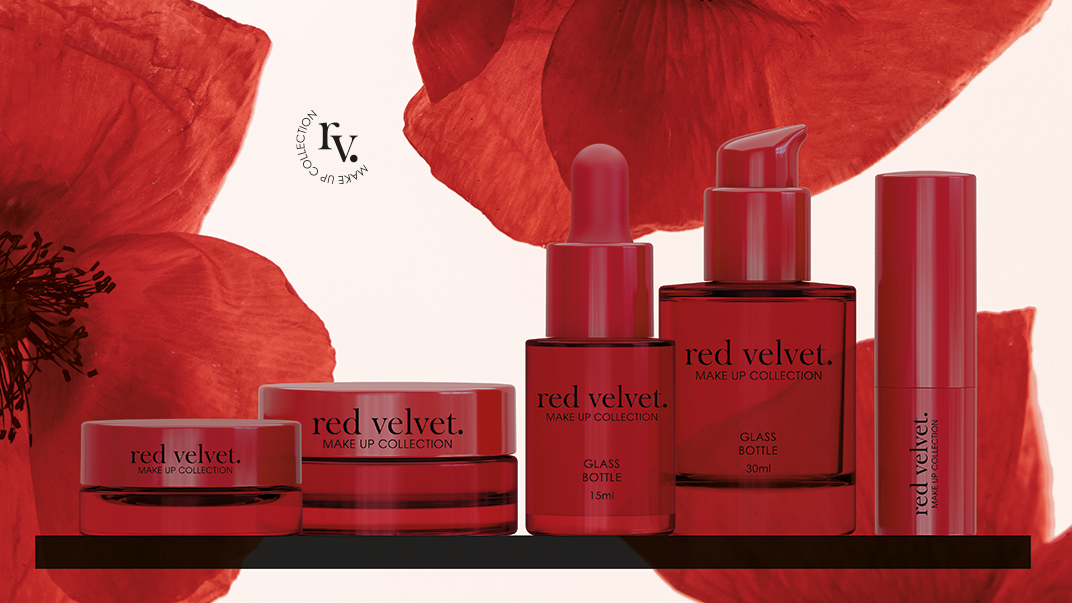Partner Content
News and Sponsored Content with solution providers in packaging, ingredients, full-service, materials, and other solutions related to sustainable design and innovation for the beauty industry.
Eco-desirability as a source of inspiration in beauty innovation
Looking at the beauty market and the appetite for sustainable solutions, consumers are still widely attracted by luxury and experience, primarily. Developing a good product for the planet is a requirement, but not at the expense of an enjoyable experience. Green, often tagged as less attractive, is now getting a
Geka is releasing a fully recycled PP mascara packaging: A long-expected innovation
Released at Cosmopack Bologna 2024, GEKA developed a recycled PP for primary packaging, which is food-contact approved for suitable and safe use in cosmetics. Made of at least 95% recycled PP plastic, this new material opens up new opportunities for the cosmetics industry, with makeup products at the forefront. We
More conscious tools of the (beauty) trade – How biobased sponges can transform the beauty routine with Taiki
In the world of cosmetics, sustainability is not just about greener packaging and natural formulations. More and more, consumers are starting to demand better, more responsible solutions in the area of accessories, too. Makeup tools are a great example. Typically, makeup sponges, puffs, and brushes are produced using substances with
New packaging solutions serving the growing hair care segment
There's no doubt that the hair care industry has undergone a huge transformation in the past few years. Today, it represents the second-largest cosmetics market after skincare, offering an ever-expanding range of products and solutions to suit all hair types and needs. While the largest segment of the
Skinification, Scalp care, and Sustainability: An overview of the top 3 hair care trends
Hair care is the second segment of the beauty and personal care market, after skincare, and is rapidly growing with a +4.3% annual growth (CAGR) between 2020-2024, approaching nearly $94 billion today. Attention to health, skinification, product heritage, and scientific background are the elements that will provide the backdrop
New launches and developments from Lumson
Lumson, Italian supplier of technical and high-performing packaging solutions for the cosmetics industry, recently showcased several innovations in lipstick and makeup, alongside new glass and aluminium solutions with sustainability and versatility at their core. Currently, Lumson’s lipstick portfolio includes 14 solutions/ranges that embody versatility, technical and productive know-how,
"Hair Care needs technical packaging that works like magic", says Cécile Pompili from Lumson
With a global value of $94 billion in 2024 – forecasted to reach $213.47 billion by 2032, at an annual growth estimated at 10.4% – it’s safe to say that the hair care market is experiencing strong growth. Within this segment, scalp care, skinification, and sustainability are already standing
Waste Not, Want Not - How Matsos Transforms Fashion Waste into Luxurious Cosmetics Caps
It’s no secret that the fashion industry has its own challenges when it comes to pollution and waste, especially when looking into fast fashion. It is estimated that 92 million tons of textile waste are produced annually globally, which makes up around 7% of the world’s total amount
Unveiling a new generation of all-natural and upcycled silicone alternatives with Greentech
In order to answer consumer concerns, the beauty industry has been working hard to reduce harmful effects of ingredients on the environment, as well as avoid toxicity concerns related to human health. More and more brands are turning to natural alternatives to remove controversial substances in beauty, cosmetics, and personal
A new cosmetic active sourced from conservation agriculture, or how Expanscience is expanding on the meaning of sustainable beauty
In late March, we attended the Expanscience seminar in the preamble of InCosmetics global that will be held in Paris in mid-April, where they announced a new cosmetics active. In the past few years, conservation agriculture has gained increasingly more traction in the sustainability discourse, and with good reason. Soil
Key learning about recycling make-up or how Albéa developed RECYCMakeUp in partnership with CITEO
Why RECYC MakeUp? In an era marked by increasing regulatory measures, legislative initiatives such as the AGEC (France), Climate and Resilience Act (France), PPWR (Europe), and California SB54 (USA) have propelled the agenda towards sustainable packaging practices. These regulations emphasise recyclability, reusability, reduction, and the integration of recycled materials, while
The PPWR and its impact on packaging for the cosmetics industry
In a recent interview with Gilles Swyngedauw, VP CSR at Albéa Cosmetics & Fragrance, we uncovered the new Directive on Packaging and Packaging Waste and its impact on beauty products. The European Commission is setting new EU-wide rules on packaging (as first published its proposal on 30th November 2022) ,” to











